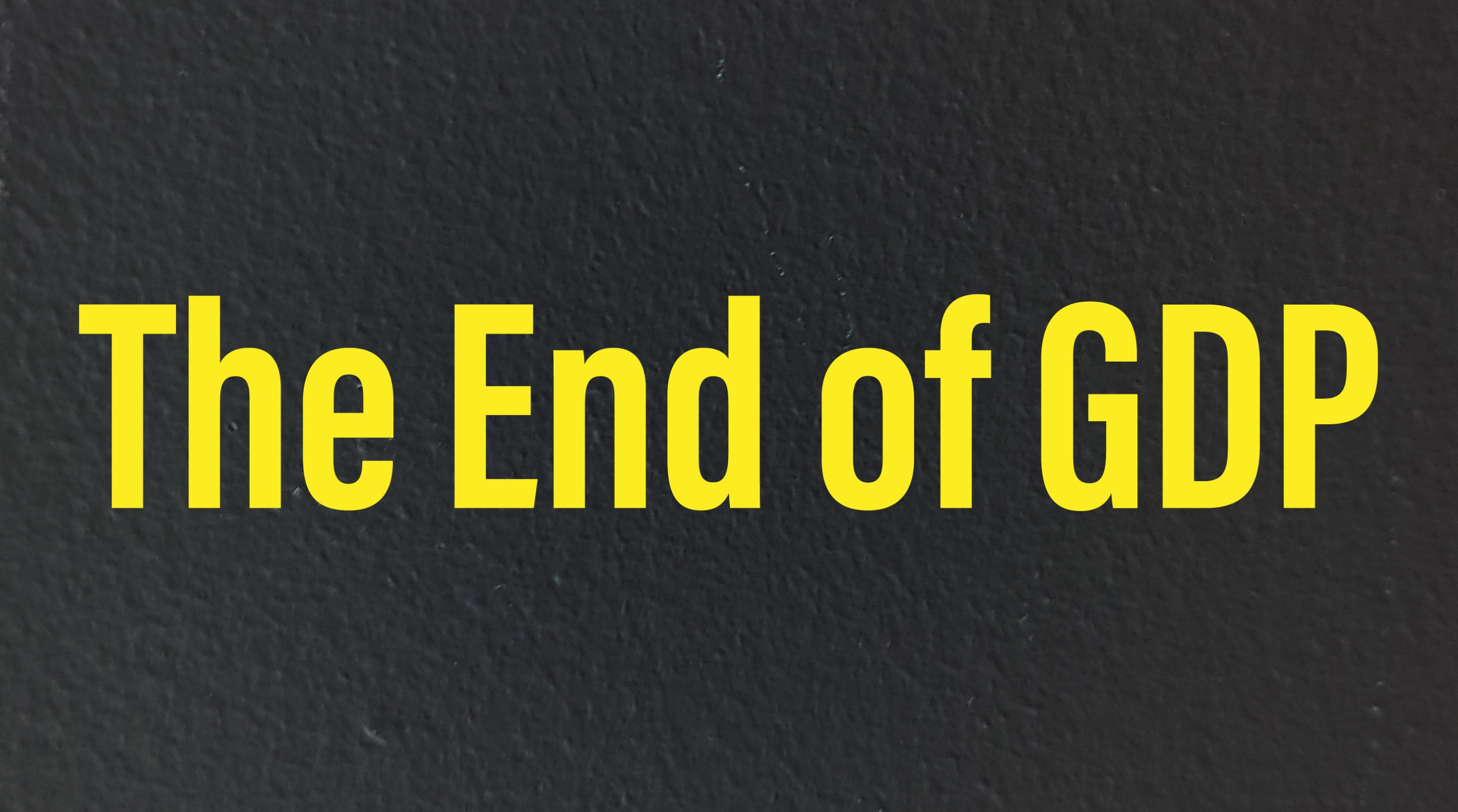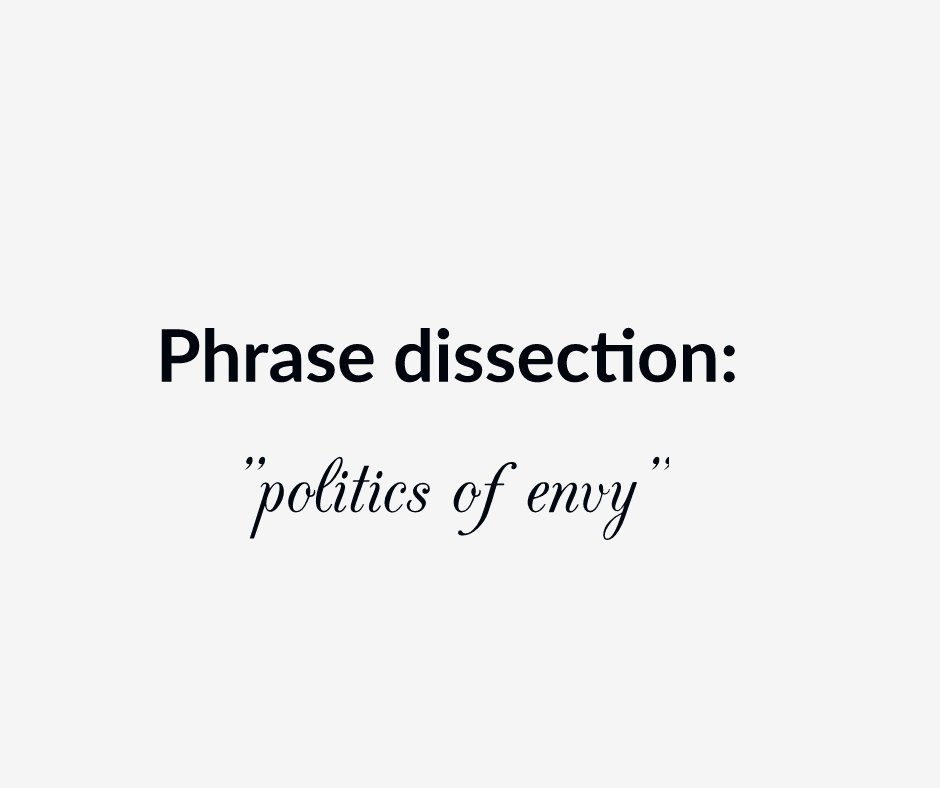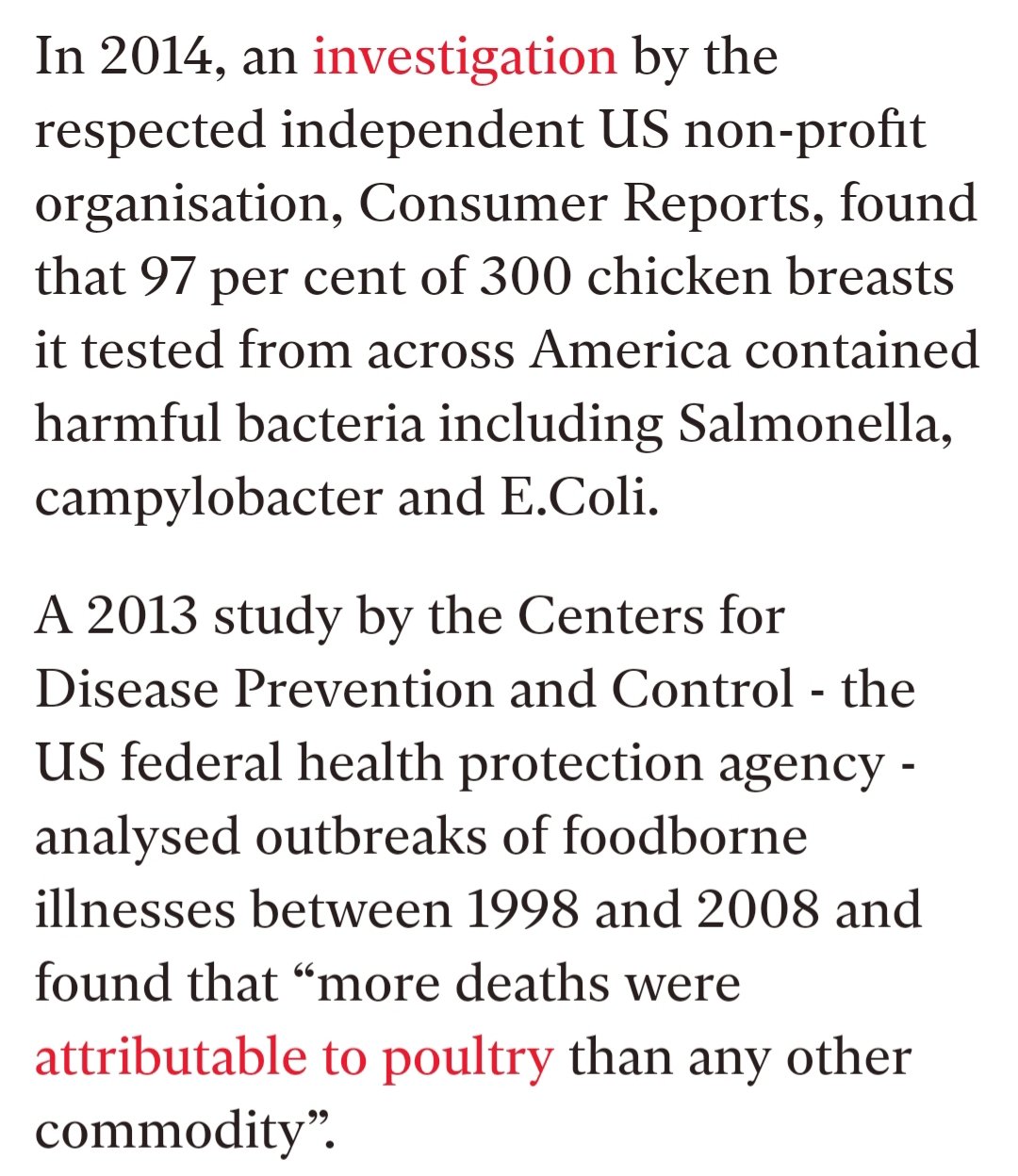
‘The GDP was contrived in a period of deep crisis and provided an answer to the great challenges of the 1930’s. As we face our own crises of unemployment, depression, and climate change, we, too, will have to search for a new figure. What we need is a “dashboard” complete with an array of indicators to track the things that make life worthwhile – money and growth, obviously, but also community service, jobs, knowledge, social cohesion. And, of course, the scarcest good of all: time.’
– Rutger Bregman – Utopia For Realists
‘One of the problems with GDP is that it does try to combine all of human welfare into one number, and fails…’
– Annie Quick
‘Social scientists often recommend that measures of subjective well-being should augment the usual measures of economic prosperity, such as GDP per capita.’
Esteban Ortiz-Ospina & Max Roser
The GDP model was invented in the inter-war years before being properly adopted in 1941 as a means to understand how much economy activity was taking place in order to determine what resources could be allocated for the war effort.
Since then GDP has become a globally recognised measure of progress and prowess. With a high GDP should come a better standard of living, the general consensus being that hard work pays off.
With polarisation between the rich and the working and welfare “classes” widening, with fiscal inequality rising and with social care, health and welfare systems being drastically underfunded. The trickle-down economic system – the system by which wealth is created in the upper echelons and eventually trickles down to smaller businesses whilst providing welfare support through taxes for those in need – has been shown to be more or less fanciful thinking than a reliable model.
The trickle-down economic model relies on the philanthropic and altruistic endeavours of wealthy individuals and organisations, companies abstaining from using automation and, most importantly, everyone paying the correct amount of taxes and not squirrelling their money away in off-shore tax havens.
Recent research suggests that off-shore tax havens are hiding half of the world’s money.
If the trickle-down model theory was put into practice, the United States, China, Japan, Germany and the United Kingdom (the top 5 strongest economies) would not be experiencing such vast levels of criminality, an abundance of mental health issues, homelessness, shortages of social care for the elderly, strangled social-mobility and ever-increasing levels of “working poor.”
Perhaps an answer to the failings of the GDP measuring system and to the trickle-down economic model; last week New Zealand made public that they were going to replace the GDP model with a new “welfare budget” in which the plan is to ‘prioritise well-being over economic growth.’
The change was announced last week by Prime Minister Jacinda Arden as part of her reformist agenda. Jacinda said: ‘Today we have laid the foundation for not just one wellbeing budget, but a different approach for government decision-making altogether.’
The Welfare Budget will focus on 5 key areas:
– Improving mental health
– Reducing child poverty
– Supporting indigenous people
– Transitioning to a low emissions economy
– Thriving in a digital age
There has been opposition to the welfare budget by (none other than) opposition parties who claim that the budget will starve essential services, including healthcare, education and housing. It has also been pointed out that the welfare budget has come at a difficult time, as the trade crisis has worsened between the United States and China – New Zealand’s biggest trading partner. Critics have also pointed out that the N.Z government are also putting more money into defence and army departments which seems to be at odds with the welfare budget.
Amy Adams of the opposition National Party had this to say about the Welfare Budget: ‘Apparently it’s about measuring your sun and moon feelings, improve you locus of control, and understanding your ability to be yourself…I have no idea what that means and, outside the Wellington bureaucracy, I’m not sure anyone does.’
A particularly derogatory statement but not one without reason. After all the welfare budget moves from providing immediately available and quantifiable results to a long-term approach at battling NZ’s dominating issues. It is a fact that budgets cannot provide cash injections of equal value into every aspect of life, but the five prioritised areas outlined above have been highlighted as New Zealand’s most pressing problems.
However, upon closer inspection, the welfare budget is arguably a more comprehensive system to improving New Zealand’s economy than through small, intermediary solutions.
20% of New Zealand’s population struggle with mental health issues, a figure not that dissimilar from the U.K. Countless studies show that preventative measures, or early-intervention, would help save billions through both easing the pressure on reactive healthcare services and also on businesses. Globally, mental health issues are the leading cause of work days missed.
By approaching and dealing with mental health issues in the early stages pressure would be alleviated from New Zealand’s health service (on which they currently spend 5% of GDP or $12 billion on acute mental health services) and businesses would benefit by avoiding the costly disruption of absenteeism and lost productivity.
The same can be said for reducing children’s poverty. By providing children with means, with education and with access to services, the welfare budget may break the poverty cycle thus easing welfare costs in subsequent generations and, more importantly, improving the lives of New Zealanders.
Whilst certain branches of capitalists might consider the idea of properly funding the welfare state “fluffy”, the truth is that the new welfare system would do more to combat the inequalities faced by New Zealanders than relying on the aforementioned trickle-down system which does very little to tackle social issues head on. When talking on podcast ‘Reasons to be Cheerful’, senior civil servant and economist Gus O’Donnell said; ‘People using GDP as a measure of how well you’re doing really do need to kind of grow up…’
New Zealand’s plan to move to a low-carbon economy is not revolutionary. It is, if anything, well overdue. Green energy economic models have been put forward for decades in pursuit of a sustainable future and it does not take a great deal of insight to see that the green energy market is being gripped by nations and companies alike.
Wind-farms, electric vehicles, hydrogen fuel-cells, hydrofoil technology, wind-sail and of course solar power are shaping domestic and business infrastructure and green energy design, production and maintenance will likely take the place of oil production and distribution as the dominating global market force.
In an age of nanotechnology, biotechnology and gigafactories, it is nothing short of embarrassing that we are still using fossil fuels to power our cars and aeroplanes.
So no, New Zealand is not doing anything revolutionary, it is simply taking a step in the right direction. When it comes to the future of the planet, the battle to fight rising temperatures, rising sea-levels, rising levels of pollution and particulates, the only people who would see this move as in any way reductionist behaviour would be those who have interest in fossil-fuel companies or else those economists who fail to see the necessity and profitability of a green energy market.
The long-standing argument that the move to green energy would lead to a loss of jobs is demonstrably true because, yes, of course it would lead to a loss of jobs, within that sector. However, within the U.S, solar power alone employs more people than oil, coal and gas combined. By offering to teach new skill sets or by altering knowledge to suit the new green energy market, job losses would be minimal and the production of new jobs would far outweigh any interruption during the changeover.
In regards to thriving in the digital age, Yuval Noah Harari speaks widely of the issues that humankind will face in the rise of the digital world. From recognising and combating ‘fake news’, the rise of automation, the change from a product-driven economy to a service-driven economy to the proliferation of biotech (the exploitation of biological processes for industrial and other purposes) and information technology. In the face of such vast and complicated change, any nation, business and individual would do well to prepare themselves.
By making “thriving in a digital age” an objective of the welfare budget, New Zealand is taking a step toward future-proofing their economy. Digital education has the potential to increase business reach and maybe even divert some of the entrepreneurial talent from places like Silicon Valley. There is also the benefit of teaching people how to spot fake news articles, recognising malware, and safeguarding children from malicious intent/content.
Social media has the ability to change the political landscape. The influence of Russian bots on twitter and facebook throughout the referendum of 2016 to leave the European Union and throughout the presidential campaign of the same year cannot be overlooked or underestimated. MP Bob Seely noted in his paper put before parliament; Russian Federation activity in the UK and globally, the danger of Russian interference within political processes throughout the world. China is also doing the same.
Having protection against this kind of intervention (digital warfare?) is absolutely key in a world where 2.1 billion people use facebook or facebook owned services every day.
There has been no hiding the fact that the welfare budget is an attempt to stymy the progress of populism within New Zealand.
Changing from the GDP to a more representative model (or from objective well-being to subjective well-being) has the ability to continue allowing nations to monitor their progress, but also take into account sustainable and improved living. As said by Christoph Schumacher; ‘GDP is a good measure of economic growth but doesn’t provide us with any information about the quality of the economic activity or the well-being of the people.’
The extra benefit of the welfare budget is that it means politicians can no longer use the GDP as evidence that all is well. It is the difference between objective well-being and subjective well-being.
Nobel Prize winning economist and inventor of the GDP system, Simon Kuznets: ‘The welfare of a nation can scarcely be inferred from a measurement of national income.’
The creation of wealth is integral to our way of life but the problem with only focusing on the GDP model is that it does not provide solutions long-standing problems. At least, not in decent time. Trickle-down economics has, until the date of writing this piece, never officially worked. So the hell with it. Why not try something new?











